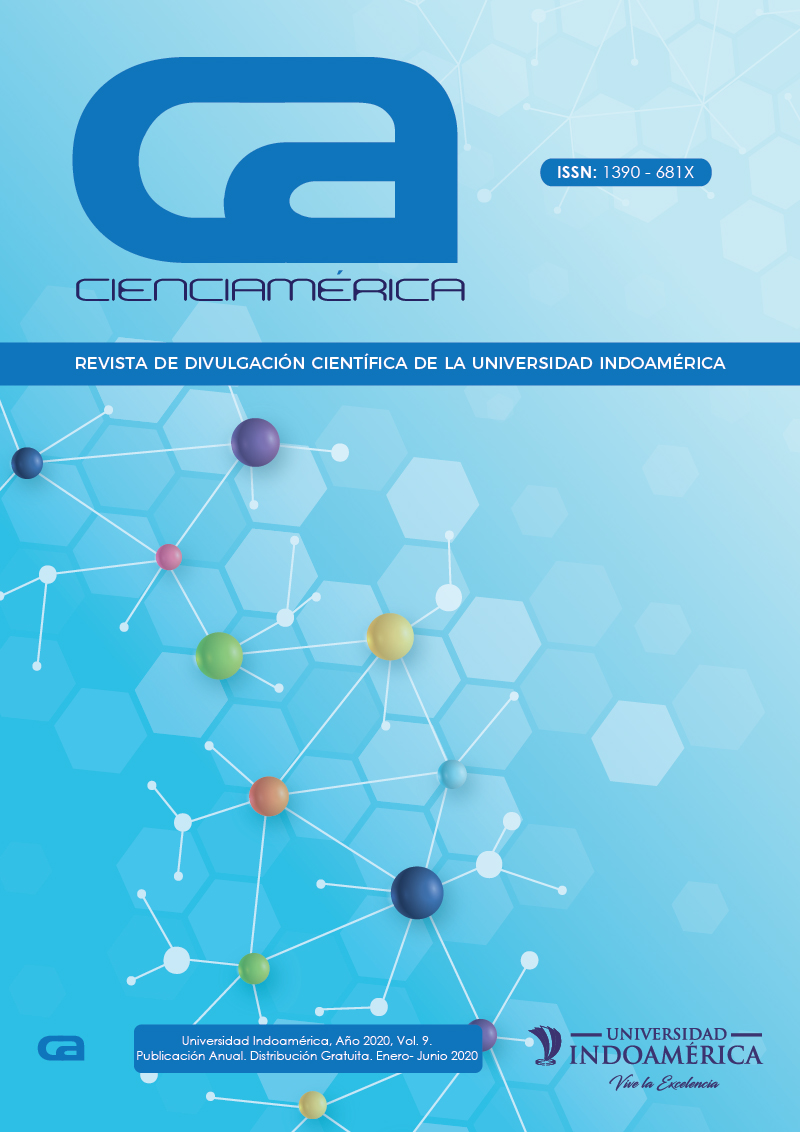Learning styles and sociodemographic variables in higher Education Students. Case study
Abstract
INTRODUCTION. Each individual has cognitive and physiological traits that allow them to perceive and interact within the learning processes. OBJECTIVE. The objective of this study was to determine the learning styles, in the students of the Basic Education career of the Faculty of Human Sciences and Education of the Technical University of Ambato, during the year 2018, in addition to establish the relationship with demographic variables. METHOD. A quantitative design was used, with a descriptive scope and using a case study. The characteristics related to learning styles were described in a sample of 198 university students (H = 68; M = 130) from the first to the seventh semester, with ages between 18 and 46 years, (M = 21.90, SD = 3.28). RESULTS. Among the results obtained, the reflective learning style stood out as predominant in the learning activities. On the other hand, no differences were found based on sex, age and level of training. DISCUSSION AND CONCLUSIONS. It is concluded that there is no significant relationship at the 0.05 level with the students' own way of learning. It is essential to highlight the role of teaching staff, as a facilitator and mediator of knowledge.


This work is licensed under a Creative Commons Attribution 4.0 International License.
Copyright notice
- The Authors will retain full copyright on their work and guarantee the journal the right of first publication, which will be simultaneously subject to the Attribution 4.0 International License, which allows Sharing - copying and redistributing the material in any medium or format, adapt - remix, transform, and build from material for any purpose, including commercially. You must properly credit, provide a link to the license, and indicate if changes have been made. You may do so in any reasonable way, but not in a way that suggests that you or your use have the support of the licensor.
- Authors may adopt other non-exclusive distribution license agreements for the version of the published work, provided that the initial publication in this journal is indicated and if you remix, transform or create from the material, you must indicate so.
- Authors are allowed and advised to disseminate their work through the internet (eg: in institutional telematic files or on their website) before and during the submission process which can produce interesting exchanges and increase citations of the published work.
- Esta obra está bajo una
Licencia Creative Commons Atribución 4.0 Internacional
- .







